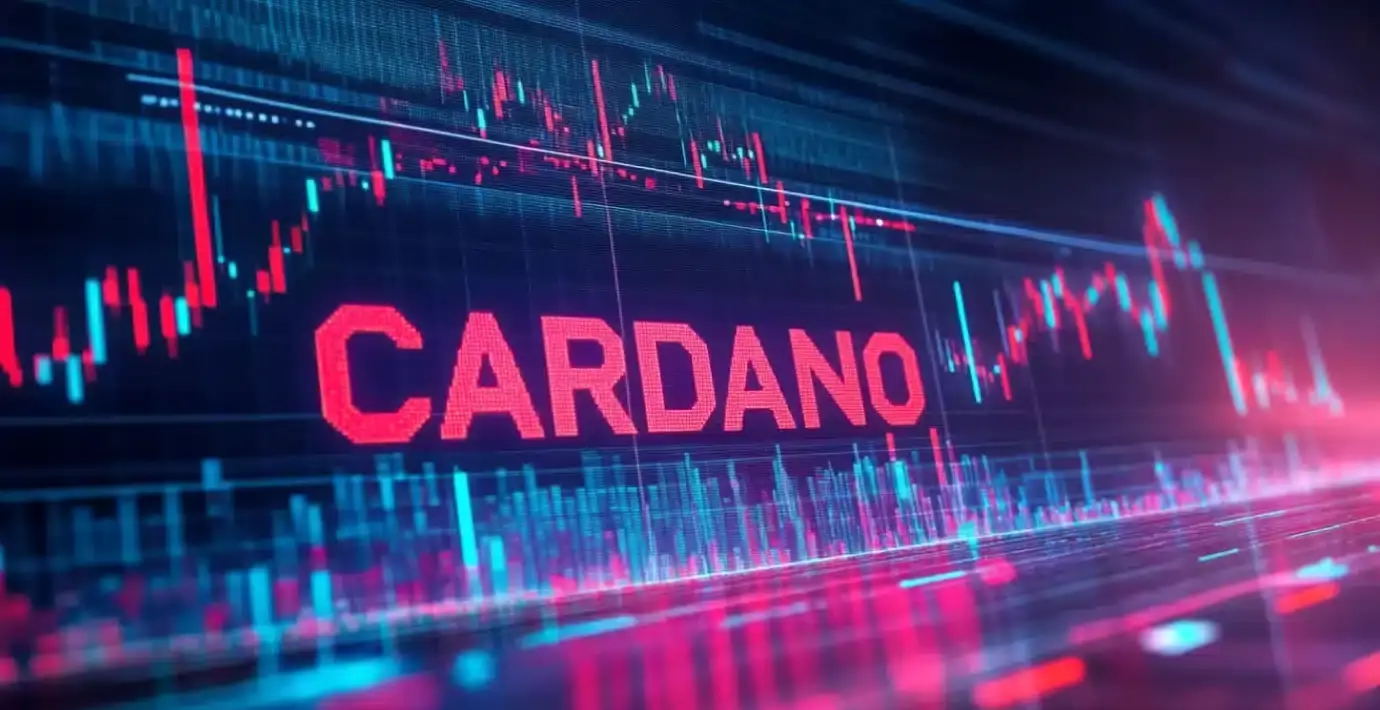The launch of Cardano’s Veridian on April 3, 2023, marks a monumental shift in how we perceive digital identity management. In an age dominated by data breaches and rampant identity theft, the centralized identity systems that previously reigned supreme are no longer viable. Veridian steps up with a refreshing decentralized approach, granting users an unprecedented level of control over their personal information. This system places power back in the hands of individuals, allowing them to own and manage their digital identities without the invasive oversight of third-party entities.
Veridian operates through open-source protocols such as KERI decentralized identifiers and ACDC credentials, a radical departure from conventional methods. By eliminating the need for data-hungry corporate intermediaries, Veridian not only protects user privacy but also enhances overall data security—a refreshing prospect for both individuals and businesses. The implications here are astounding; users can safeguard their identities in a world rife with digital threats, nurturing a sense of dignity that was once stripped away by centralized systems.
Independent Operations and Enhanced Security
What sets Veridian apart from other digital identity platforms is its use of optional trust layers built upon the Cardano (ADA) blockchain. This layer not only fortifies security but also fosters robust, authentic, and verifiable online interactions without the cumbersome need for middlemen. In a digital landscape often riddled with uncertainty, the ability to verify identities securely and swiftly is revolutionary.
The introduction of the Veridian Wallet provides an additional layer of convenience—not only is it a secure mobile app for storing digital credentials, but it also enhances the user experience across various industries. Imagine being able to manage and validate your credentials with ease, while also feeling the assurance that your identity is safe from malicious actors.
Expanding Horizons: The Future of DeFi
In addition to the Veridian launch, Charles Hoskinson, the founder of Cardano, has shared ambitious plans to integrate Bitcoin into their decentralized finance (DeFi) ecosystem. Speaking in an interview on April 31, he emphasized the significance of this move. By leveraging the Hydra scaling solution to boost transaction speeds and incorporating the Aiken programming language for smart contracts across both Bitcoin and Cardano, the platform has the potential to unify two of the most robust cryptocurrencies in the market.
Hoskinson’s vision could potentially reshape the landscape of institutional adoption of Bitcoin-based DeFi solutions. Within a mere three years, Cardano’s infrastructure could see Bitcoin empower a new era of financial solutions. While this is indeed bold optimism, one cannot ignore the slight undercurrent of skepticism stemming from the volatile market. Recently, Cardano’s ADA saw a significant drop, dipping 13% to about $0.65. With predictions suggesting the price could drop further, the volatility reflects the challenges that lie ahead for Cardano.
The Road Ahead: Market Dynamics and Investor Attraction
Despite the market’s turbulence, Cardano’s persistent innovation—including the introduction of Veridian—has the potential to attract renewed investor interest. Economic cycles wax and wane, but the fundamentals of technological advancement remain. If Cardano continues to push the envelope in areas like digital identity and DeFi solutions, it could very well set the stage for a price resurgence that takes ADA to new heights.
In a world increasingly wary of centralized control and compromised privacy, Veridian presents a necessary evolution in digital identity management. It is not just a service; it is a movement toward greater autonomy in an oft-overlooked realm of personal security.














Leave a Reply